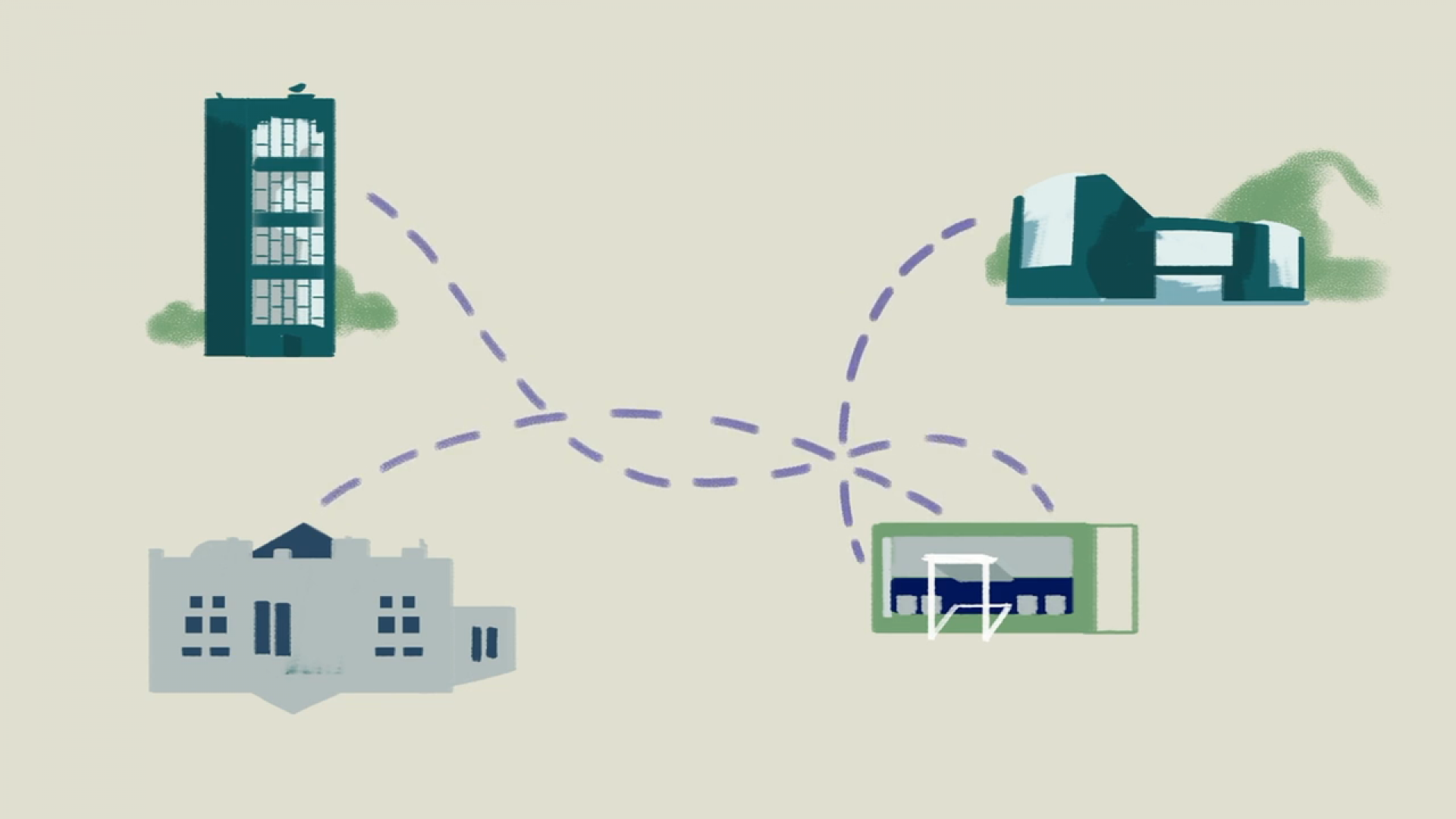
New practical guidance has been published by the Forensic Capability Network to help forensic experts working in police forces and academia establish effective partnerships.
Establishing a formal partnership can bring many benefits from financial efficiencies to shared knowledge and resources.
Police forces can benefit from a boost in forensic recruitment by offering local students first-hand experience, as well as bringing research and innovation into their forensic services. Universities often benefit from an enhanced student experience and better access to conducting practice-based research.
For example, in Staffordshire in 2019 a placement student conducted controlled experiences with a range of forensic investigation torches over a six-week period on behalf of the police force, informing their five-figure investment.
Another student who took a yearlong placement at Hampshire Constabulary said:
“I feel that this placement has greatly increased my chances of employability within my degree area and has certainly progressed my understanding of both the operational and organisational faces of policing.”
FCN’s 30-page partnership toolkit offers advice on how to establish a partnership, a governance model, a memorandum of understanding, and various activities that can be undertaken.
The guidance is grounded in academic research and on-the-ground practical advice from experts closely involved in three existing partnerships.
- The Forensic Innovation Centre, a collaboration between the University of Portsmouth and Hampshire Constabulary, sees students and academics from the university work across all areas of forensic investigative practice.
- Lancashire Forensic Science Academy is a formal collaboration between Lancashire Constabulary and University of Central Lancashire established in 2017, offering short placements, research projects, guest lecturing and professional training.
- Staffordshire Forensic Partnership is a tripartite relationship between the Police & Crime Commissioner for Staffordshire, Staffordshire Police and Staffordshire University which has hosted more than 70 placement students since 2016.
The guidance follows recent research by FCN’s workforce strategy lead Jo Morrissey on ‘partnership between academics and practitioners’. Jo is currently completing her Professional Doctorate in this area. Prior to joining FCN she was a forensic practitioner with the Metropolitan Police for 17 years, and an academic at Liverpool John Moores and Anglia Ruskin universities.
Launching the toolkit, FCN’s Jo Morrissey said:
"The guidance provides practical tools and tips for any organisations looking to collaborate. Until now there’s been no real sharing of experiences and best practice in this area, very little analysis of the outcomes of partnerships and detailed assessment of their effectiveness."